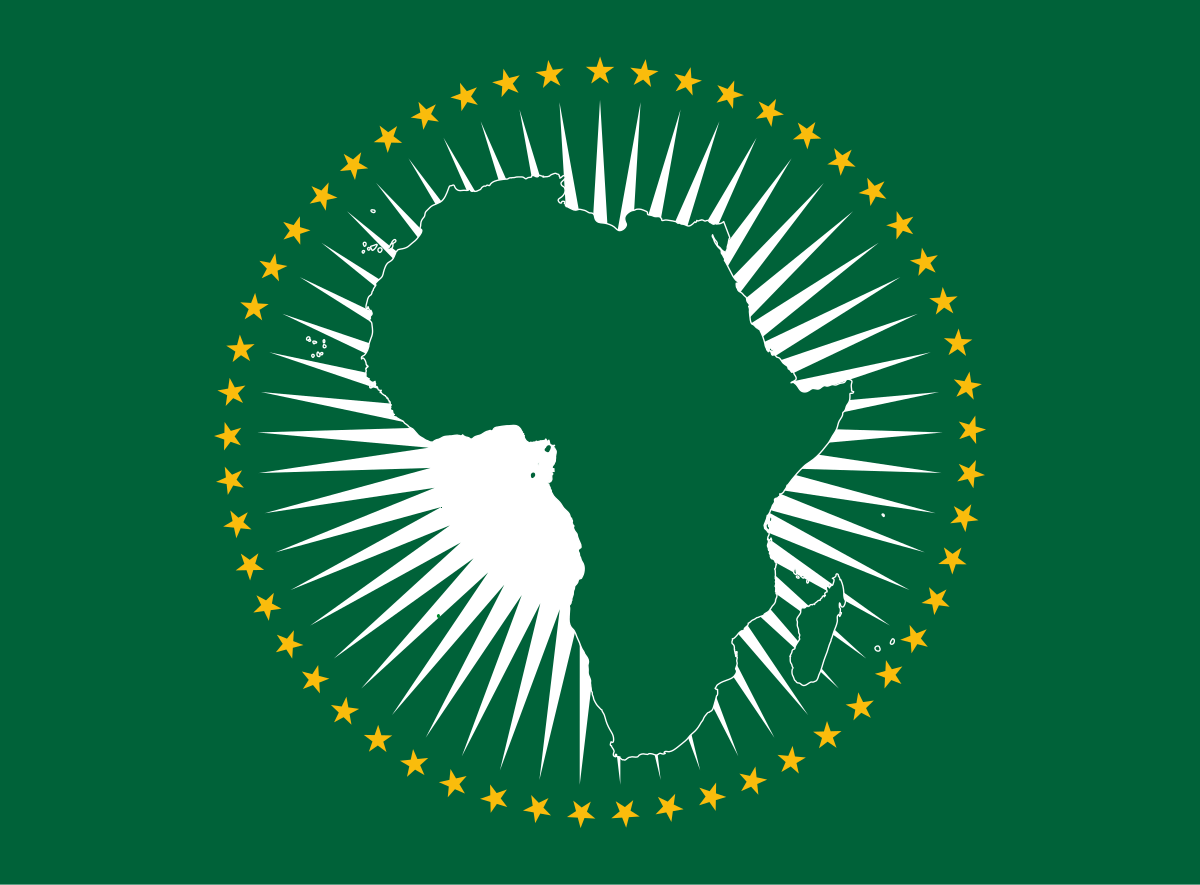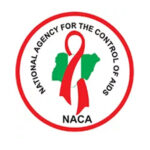Continued from yesterday
On the second floor of an office tower in Utako, Zachary Gundu enters the meeting room. Gundu is a professor of Archaeology at the Ahmadu Bello University in Zaria. He is a prominent academic; among other positions, he was on the council of the World Archaeological Congress.
Everyone knows that archaeologists in Nigeria urgently need international involvement and academic co-operation, he says. But he is not at all happy with how the German team went about it. They did not want to work with Nigerian researchers at the universities in Zaria and Jos, he said. Eventually, “they had to be forced” to work together.
It was only in 2012 that local researchers could become involved in the German project. But even then, according to Gundu, Nigerian professors were given “no significant work”. Even more shocking to Gundu is that the German team seemed happy to work with illegal diggers and criminal art dealers.
In 2012, 48 Nigerian archaeologists from five universities signed a document in which they criticised, among other things, “how the German team took advantage of the ‘institutional weakness’ of the NCMM” to exclude Nigerian archaeologists “from exchange of knowledge and participation in the project”.
They talk of the “unethical practices of the German team”, “the manipulation of local communities”, support for activities “leading to the illegal excavation of archaeological sites” and “unsupervised export” of Nok terracottas.
Gundu says that Western intellectuals and international organisations should be collaborating against what he describes as a “postcolonial injustice”.
“But Africa is often misused as a laboratory where European scientists just walk in, experiment and collect data with which they can verify their ideas about the continent,” says Gundu. And then these scientists — people like Breunig — are considered to be the global experts on Africa. “He’s now regarded worldwide as the Nok expert,” Gundu says.
The archaeological scandal was covered in Nigerian media, which described the German’s approach as “looting” and “robbery”. But in Germany there was hardly any coverage. Instead, the exhibition, Nok: An Origin of African Culture, which was shown in 2013-14 at the Liebieghaus Sculpture Collection in Frankfurt, was widely reviewed. “How many Nigerians could visit the exhibition? Wouldn’t it have been decent to hold such an important exhibition in Nigeria first?” asks Gundu.
His fierce criticism of the Frankfurt project got Gundu into trouble. He received anonymous threats. Did the professor anger powerful opponents in the NCMM? Was he targeted by the “dealers’ cartel”, as he suspects? There are lots of suspicions and rumours.
But things became even more dangerous for Breunig, the German professor. On the morning of 22 February 2017, he was working with his German team and about 80 local employees at an excavation site near the village of Janjala. Suddenly some men with Kalashnikovs appeared. They kidnapped Breunig and one other German, Johannes Behringer, and demanded a ransom of N60 million for their release. They were released three days later. Police deny that any ransom was paid.
The German team immediately withdrew from the Nok territory. Their research station there — complete with colourful round houses, a big generator and a fish pool — was left orphaned, until it was handed over to the NCMM in January 2020.
Digging up difficult history
Breunig, 68, sits in his big, light office in the main building of the Goethe University. The professor has an excellent view over the Frankfurt skyline. Many things are clearer now.
There is no doubt that he has secured himself a place in the modern history books of the Nok civilisation. His research has added greatly to what we know about the ancient society. His headline conclusion, after 15 years of research, was that there is no evidence that proves the existence of a spectacular Nok Kingdom. He found no palaces as evidence for such a kingdom.
Instead, Breunig believes the Nok lived in “small, mobile farmer groups”. He thinks the terracottas are somehow related to graves, although no bones were found. Perhaps the acidity in the earth had decomposed everything.
Breunig is “partly thankful” to his Nigerian colleague Gundu for his sharp criticism. Without it, the universities in Jos and Zaria would never have been involved at all. At the beginning of the project, the NCCM was against any collaboration with local universities — probably because it wanted to install its own people on the project, Breunig speculates.
But he reacts angrily against the accusations made against him by the Nigerian press. “Pure lies! Looting takes place on a wide scale, but never by us,” he said. Each find was carefully documented and, as agreed, returned to Nigeria after the research in Germany was concluded. In total, his project excavated 100 large terracottas and 3000 smaller fragments, all of which were later sent to the National Museum in Kaduna.
Breunig knows exactly who Potiskum is. In fact, he is “very grateful” to the art dealer, and says that without his support the team would have found far fewer artefacts. But he says Potiskum did not stay with the project for long, because he found far more lucrative opportunities in trading antiques.
It is clear that the line between archeologist and looter is thin, and that the two professions in some ways depend upon each other. Both are looking at what each other is digging up, and whoever wins the race to excavate a precious artefact determines its destiny.
Some end up in the well-guarded hiding places of collectors, and others in small exhibits in Kaduna. Then there are the figurines that end up in the most visited museums in the world.
It is a six-hour flight from Abuja to Paris, to visit the Louvre Museum. Ten million people visit the Louvre every year. Here, in the Pavillon des Sessions, two Nok terracottas are displayed. They are as impressive as they are scandalous.
According to Trafficking Culture, an international consortium that analyses illegally acquired art, French officials purchased the works in 1998 from a Belgian dealer for a moderate 2.5 million francs (about $450 000 today). Immediately afterwards, Nigeria’s military government demanded their return, claiming they were illegally removed from the country.
But the French president at the time, Jacques Chirac, was having none of it. He considered himself to be a great lover of African art, and was in the process of setting up a modern ethnographic museum in Paris that would bear his own name: the Musée du quai Branly – Jacques Chirac (it is from this very museum that Congolese activist Emery Diyabanza removed a 19th century Chadian funeral staff earlier this year, exclaiming as he did so that he had “come to claim back the stolen property of Africa, property that was stolen under colonialism”).
Chirac is said to have spoken personally with the then newly elected Nigerian president Olusegun Obasanjo in 1999, and they made a deal. France would recognise Nigeria as the rightful owner of the Nok sculptures. In return, Nigeria would loan the terracottas for 25 years to France, with the option to extend.
Folarin Shyllon, a law professor at the University of Ibadan, called the contracts a “totally unfair smuggler’s charter”. He said when they bought the terracottas, the French must have known they were looted antiques. Buying them anyway was evidence of France’s “insistent chauvinism”, Shyllon wrote in the journal Art, Antiquity and Law; and allowing France to keep them showed Nigeria’s “complete lack of national pride”. The deal was “inexplicable” and effectively granted carte blanche for the looting of Nigerian cultural treasures.
Today, things are a little different in France, at least superficially. In 2018, President Emmanuel Macron’s government




